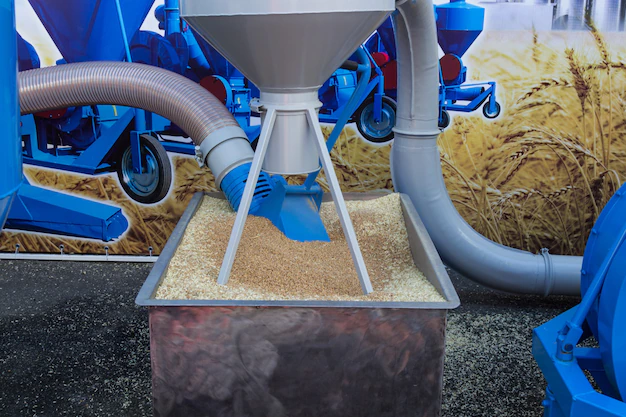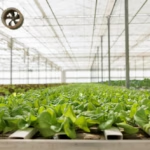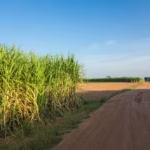Using organic fertilizer production equipment in sustainable farming offers several benefits:
- Environmentally friendly: Organic fertilizers are derived from natural sources such as animal manure, compost, and plant residues. They are free from synthetic chemicals, pesticides, and genetically modified organisms (GMOs), making them more environmentally friendly than chemical fertilizers. By using organic fertilizer production equipment, farmers can reduce their reliance on chemical fertilizers and contribute to the preservation of soil, water, and air quality.
- Nutrient-rich soil amendment: Organic fertilizers are rich in essential nutrients like nitrogen, phosphorus, and potassium, as well as micronutrients. These nutrients are released slowly and steadily into the soil, providing a consistent and balanced nutrition for plants. Organic fertilizers also improve soil structure, moisture retention, and microbial activity, promoting healthy root development and overall plant growth.
- Enhanced soil fertility and productivity: Organic fertilizers improve soil fertility over time by increasing organic matter content, enhancing soil structure, and promoting beneficial microbial activity. They help maintain a well-balanced ecosystem in the soil, which supports the growth of beneficial soil organisms such as earthworms and beneficial bacteria. Improved soil fertility leads to higher crop yields, better plant health, and increased resistance to pests and diseases.
- Long-term soil sustainability: Chemical fertilizers, when used excessively and over extended periods, can degrade soil quality and lead to nutrient imbalances, soil acidification, and reduced biological activity. Organic fertilizers, on the other hand, contribute to long-term soil sustainability by replenishing essential nutrients, improving soil structure, and fostering a healthy soil ecosystem. This helps farmers maintain the productivity of their land for future generations.
- Reduced environmental impact: Chemical fertilizers can have negative impacts on the environment, including water pollution through runoff and the release of greenhouse gases during production. By using organic fertilizer production equipment and relying on organic fertilizers, farmers can minimize these adverse effects. Organic fertilizers release nutrients slowly, reducing the risk of nutrient leaching into water bodies. They also contribute to carbon sequestration in the soil, helping mitigate climate change.
- Compliance with organic farming standards: Many farmers choose to practice organic farming to meet consumer demand for organic products and adhere to organic certification standards. Using organic fertilizer production equipment allows farmers to produce their own organic fertilizers, ensuring compliance with organic farming regulations and the ability to market their products as organic.
Organic fertilizer production equipment plays a crucial role in sustainable farming by providing nutrient-rich soil amendments, promoting soil fertility and productivity, minimizing environmental impact, and enabling farmers to meet organic farming standards.







